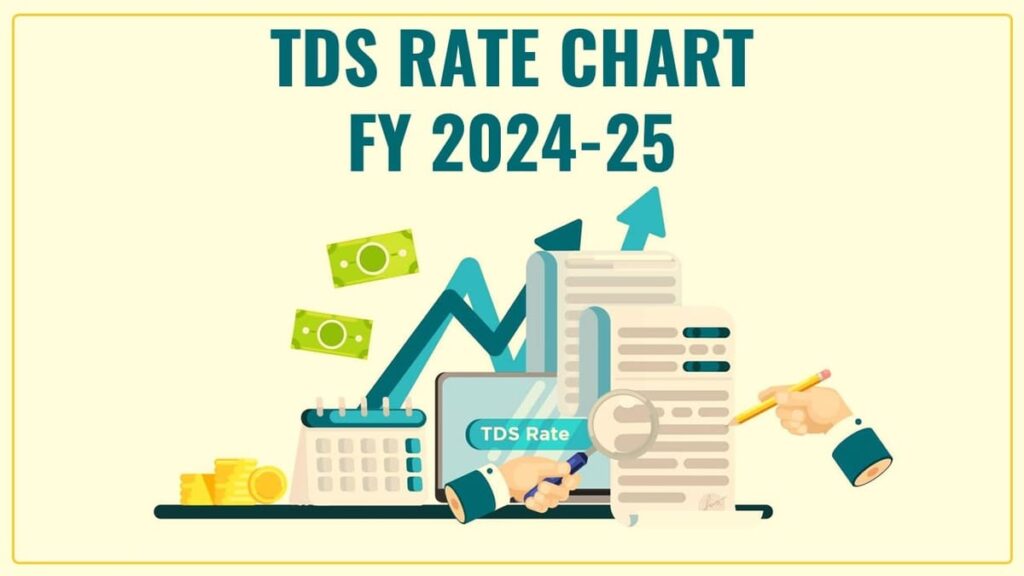The Complete Guide to Private Limited Company Registration in Delhi by FileWithCA | 2024

Starting a business in Delhi? Opting for a Private Limited Company structure can be a wise choice. It provides credibility, limited liability, and the ability to raise funds. As experts at FileWithCA, we’re here to guide you through the full process of registering a Private Limited Company in Delhi, step by step.
Understanding Private Limited Company Registration
Contents
- Understanding Private Limited Company Registration
- Step-by-Step Registration Process
- Step 1: Digital Signature Certificate (DSC)
- Step 2: Director Identification Number (DIN)
- Step 3: Name Approval
- Step 4: Drafting Memorandum of Association (MoA) and Articles of Association (AoA)
- Step 5: Filing of e-Form INC-32 (SPICe)
- Step 6: PAN and TAN Application
- Step 7: Certificate of Incorporation
- Step 8: Opening a Bank Account
- Step 9: GST Registration (if applicable)
- Post-Registration Compliance
- Why FileWithCA?
- Conclusion
A Private Limited Company is a type of business entity held privately with limited liability. It’s preferred by startups and growing businesses due to its scalability and professional status.
Key Features:
- Limited Liability: Shareholders’ liability is limited to their share contribution, protecting personal assets.
- Minimum and Maximum Shareholders: Requires a minimum of two and a maximum of 200 shareholders.
- Perpetual Succession: The company continues to exist even if the shareholders change.
- Separate Legal Entity: It is a separate legal entity from its members, capable of owning property and incurring debts.
Benefits:
- Credibility: Enhances credibility among stakeholders and customers.
- Capital Raising: Easier to raise capital through private equity, ESOPs, and more.
- Management and Ownership: Offers flexibility in management while allowing for distinct ownership and management.
Step-by-Step Registration Process
Step 1: Digital Signature Certificate (DSC)
- What is DSC? A legally recognized method of validating online transactions.
- How to Obtain: Apply through a certified agency. You’ll need identity and address proofs like PAN, Aadhar, etc.
- Timeframe: Usually takes 2 to 5 days.
Step 2: Director Identification Number (DIN)
- What is DIN? A unique number assigned to each director of the company.
- Application Process: File an eForm DIR-3 on the MCA portal.
- Required Documents: Passport-sized photograph, PAN card, and address proof.
Step 3: Name Approval
- How to Apply: Through the RUN (Reserve Unique Name) service on the MCA portal.
- Tips for Name Selection: Should be unique, suggestive of company business, and non-offensive.
- Timeframe: 48 to 72 hours for processing.
Step 4: Drafting Memorandum of Association (MoA) and Articles of Association (AoA)
- MoA: Details the objectives of the company.
- AoA: Lays down the by-laws on which the company will operate.
- Legal Assistance: It’s advisable to get professional help for drafting these documents.
Step 5: Filing of e-Form INC-32 (SPICe)
- What is SPICe? Simplified Proforma for Incorporating Company electronically.
- Details Required: Details of directors, shareholders, company address, etc.
- Attachments: DSC, DIN, MoA, AoA, PAN, TAN, and proof of registered office.
Step 6: PAN and TAN Application
- Along with SPICe: PAN and TAN are applied through the same SPICe form.
- Why Necessary: PAN is mandatory for financial transactions, TAN for TDS compliance.
Step 7: Certificate of Incorporation
- Issuance: By the Registrar of Companies post verification of documents.
- Contents: Company Identification Number (CIN), PAN, TAN, and company details.
Step 8: Opening a Bank Account
- With Certificate of Incorporation: Approach any bank to open your company’s bank account.
- Required Documents: Company PAN, incorporation certificate, MoA, AoA, and Board resolution.
Step 9: GST Registration (if applicable)
- When Necessary: If turnover exceeds the GST threshold or involves inter-state supply.
- Process: Can be done online through the GST portal.
Post-Registration Compliance
Post-registration compliance is a crucial aspect for a Private Limited Company to ensure it adheres to the legal norms set by various regulatory bodies in India. Understanding these requirements is essential for maintaining the company’s legal status and avoiding penalties. Here’s a detailed look at each component:
Regular Filings with the Registrar of Companies (RoC)
After a company is registered, it must comply with the statutory filings as per the Companies Act, 2013. These include:
- Annual Return Filing (Form MGT-7): This form provides a comprehensive overview of the company’s activities and financial status during a financial year. It includes details about shareholders, directors, and meetings held during the year.
- Financial Statements (Form AOC-4): The company must file its balance sheet, profit and loss account, and director’s report. These documents must be filed within 30 days of the company’s annual general meeting.
- Event-Based Filings: Any significant changes within the company, like a change in directors, shareholding pattern, or registered office, must be reported to the RoC within specified timelines.
Annual Financial Statements and Auditor Reports
The company must prepare its financial statements, including balance sheets, profit and loss statements, and cash flow statements, at the end of each financial year. These should be:
- Audited by a Chartered Accountant: The CA examines the financial records and issues an auditor’s report, ensuring that the statements present a true and fair view of the company’s financial position.
- Presented in the Annual General Meeting (AGM): Shareholders must approve these financial statements during the AGM.
Income Tax Returns and GST Filings
- Filing of Income Tax Returns: Like any other taxpayer, a Private Limited Company must file its annual income tax returns with the Income Tax Department. This includes providing details about the income, expenditures, tax dues, and taxes paid.
- GST Compliance (if applicable): If the company is registered under GST:
- Monthly or Quarterly GST Returns: Depending on the turnover and scheme opted for, the company must file GSTR-1 (outward supply), GSTR-3B (summary of outward and inward supplies), and other relevant returns.
- Annual GST Return (GSTR-9): This is a consolidated return of all the monthly/quarterly returns filed during the year.
Adhering to these post-registration compliances is critical for maintaining the company’s legal status and reputation. Non-compliance can lead to penalties, legal issues, and even the striking off of the company’s name from the RoC’s register. For expert assistance and management of these compliances, firms like FileWithCA offer specialized services, ensuring that your business stays compliant and focused on growth.
Why FileWithCA?
- Expert Guidance: Our team of seasoned professionals offers end-to-end assistance.
- Hassle-Free Process: We streamline the registration process for you.
- Compliance Assurance: Ensuring your business meets all legal requirements.
Conclusion
Registering a Private Limited Company in Delhi involves various legal steps. It’s a journey best navigated with expert guidance to ensure compliance and proper setup. FileWithCA is here to assist you at every step, from obtaining DSC to post-registration compliance.
For more information and personalized assistance, visit FileWithCA.







